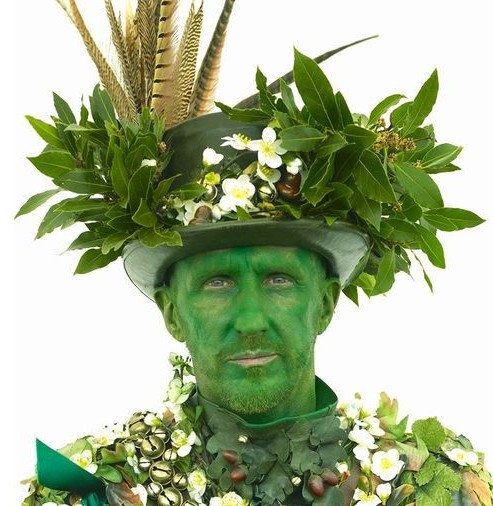- cross-posted to:
- manchester@feddit.uk
- cross-posted to:
- manchester@feddit.uk
The clock is ticking down to one of the biggest events of the Saddleworth calendar – Rushcart.
But what is it? The sight of men dancing in the street while wearing flowery hats and bells on their feet has always been treated as the norm being part of area’s tradition.
In fact, the origins of morris dancing are bit more complicated, but it is morris men we have to thank – not only for the ancient way of giving thanks but also its revival in Saddleworth in the 1970s.
Back in the day, many churches had only rudimentary floors made of earth. So, to make them more comfortable and inviting for special occasions, it was common to cover them with hay, straw or rushes.
As towns and villages expanded, the rushes had to be carried from further afield, so they were often piled on sledges and dragged to the church.
Then at some point, someone obviously remembered the wheel had been invented and had the bright idea of stacking the rushes on a cart – the rushcart was born.
In areas like Saddleworth, every village would have its own and it soon became a bit of a contest to see who could make the biggest stack with the most elaborate decorations.
However, Saddleworth is now one of the only places in the country which has a traditional cart – many others around the UK are wooden structures.
But it does not just appear overnight. The whole process takes a month.
From cutting rushes to tying and building, it has to be done in stages, not because of work commitments for the morris men but because the rushes need time to settle before height can be added.
Once the saddle is placed on top, the estimated height is approximately 16ft with the cart weighing about three tonnes.


